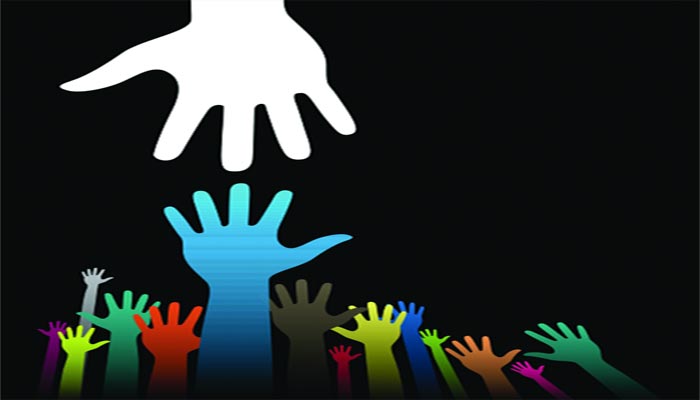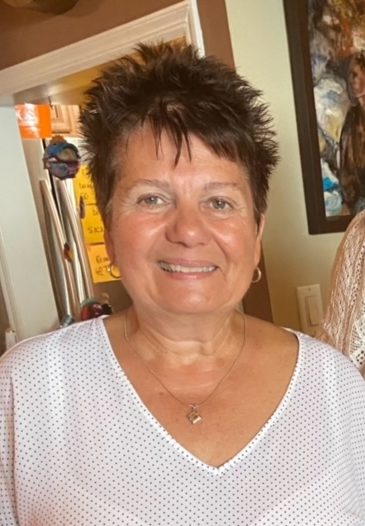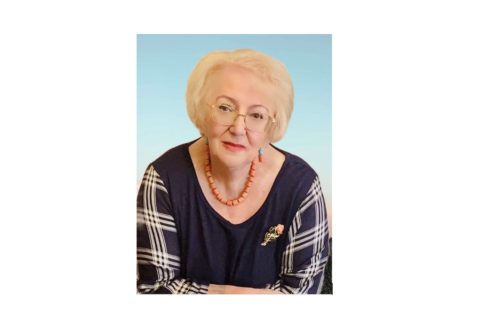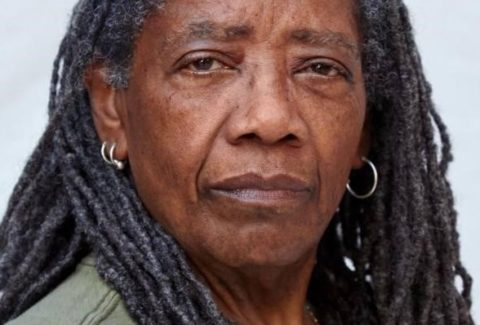What Does “Helping Others” Really Mean?

What Does “Helping Others” Really Mean?
We all made a decision to enter this field for a variety of reasons. And one of the most common reasons formulated by most of us is that we entered this field to “help others.” In this vein, a question that is worth asking is: “What does helping others really mean?” While this question may sound simple, its answer has generated debated not just in medicine or mental health but in many other fields, particularly, in social sciences. Let us see what we can learn from this debate.
Some believe that “helping others,” means “doing things for them.” While this does happen in our field, experts have shown that such a helping approach is not without its consequences.
Others believe that “helping others,” means “giving them things,” this is similar to the first approach, and it has also been shown to have consequences similar to that of “doing things for them.”
A third group of experts believes that the best way to help others is to adopt a dyadic approach. This dyadic approach means making the ultimate goal that of teaching individuals how to fish while providing them with a fish while they are learning it for themselves. This means once they learn how to fish, they no longer need to be provided with a fish. They now can obtain their own fish, help others, and can even teach others to learn how to obtain their own fish.
While this third approach sounds to be the one that would be preferred by all of us, clinicians, its application has been shown to take place less often than expected, and this has been due to a series of factors. One of the factors can be summed up by using the all too common phrase, “We cannot give what we don’t have.”
The fact that, “We cannot give what we don’t have” is more meaningful than it may sound; more consequential than we may appreciate; and has more of an urgent mandate associated with it, however subtle that mandate may be.
Our role as clinicians
-
What it means to be a clinician in this field, and in this era
-
What does helping mean and what’s the best way for us to help
-
What does empowerment mean and what does it take for us to empower others?
-
What does a strength-based model really mean, and do we really practice it?
-
Do we really know what it means to be a human being and might we be able to help totally differently if we really knew what that meant?
-
Do we really know how the mind really works, and might we be able to help totally differently if we really knew it?
-
Given that the amount of knowledge in our field doubles every 18 months, how do we all keep updated without sacrificing the other areas of our lives?
-
Given that there is a 25-year gap between the latest scientific advances and their implementation in clinical practice, how do we, clinicians, ensure that most of what we are currently practicing is not totally obsolete?
-
Given the rapid changes, new bodies of knowledge, new discoveries’ and advances, how do we make sure we are not depriving our patients and clients of available treatments that are effective for them?
-
Given the high number of clinicians at risk for burnout, what does it take for us to really prevent, manage, and help others do the same?
-
Might we clinicians benefit from a community?
-
Do we clinicians need continuing education or should we engage in continuing education simply for the sake of license renewal requirements?
-
As clinicians, are we to talk about fulfillment, self-actualization, or self-expression; or are we to simply focus on “just helping” our clients, without paying attention to our own fulfillment?
These are only a few of the topics we are going to be addressing. Several articles will be published for each of those topics, and we look forward to your engagement throughout.
Until next week for the next article on this series, and meanwhile, which of these above topics are you most interested in?
Please let us know and thank you for your contribution,
Karen and Mardoche








